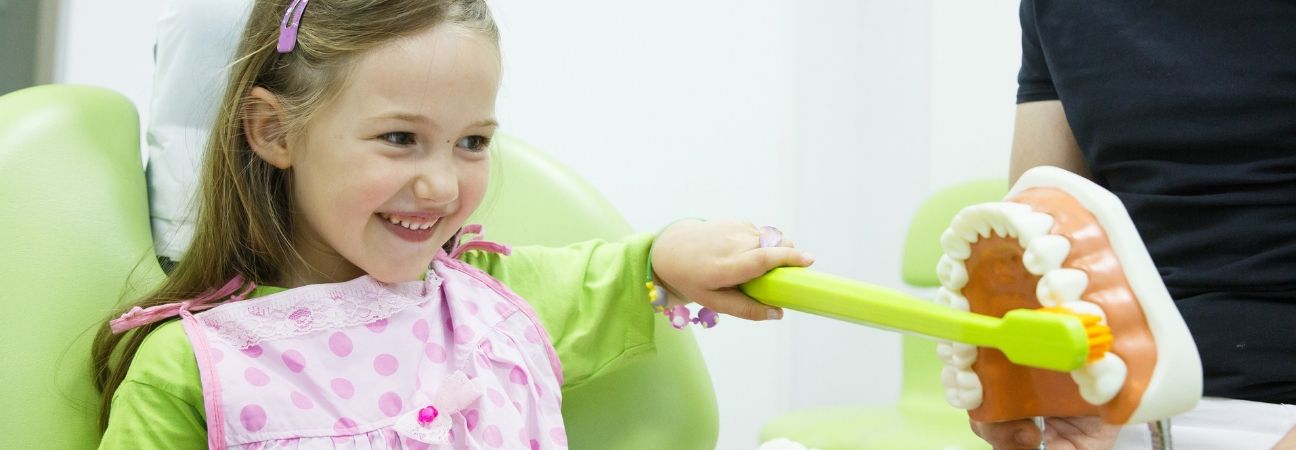
When it comes to your child’s dental care, you may wonder if it’s necessary to seek out a pediatric dentist instead of a regular dentist. Let’s explore the key differences that make a pediatric dentist in Greenville, NC, the ideal choice for your little one.
Pediatric Dentists: The Right Choice For Kids
Additional Training and Expertise
Pediatric dentists undergo rigorous training beyond dental school, focusing specifically on children’s unique dental needs. They acquire in-depth knowledge of child development, including oral growth and behavior management techniques. They are equipped to address the changing needs of young patients.
Knowledge of Child Development
Dentists who study pediatrics understand that children’s dental needs evolve as they grow. They possess the expertise to anticipate and address these changes, ensuring that your child’s dental care is always tailored to their specific stage of development. By considering factors such as teething, thumb-sucking habits, and the eruptions of permanent teeth, they offer tailored solutions to support healthy dental development.
Child-Centered Approach
These professionals prioritize creating a friendly and welcoming environment that puts children at ease. They know how to communicate with young patients effectively, using easily understandable language and explanations. By fostering a positive and comfortable dental experience, they help children develop a lifelong appreciation for oral health.
Specialized Equipment
Dentists specializing in pediatrics have an arsenal of tools specifically designed for children’s dental care. From smaller instruments to gentle x-ray techniques, these professionals ensure that your child receives the most accurate diagnosis and the least discomfort during procedures.
Strong Communication Skills
Pediatric dentists excel in connecting with both children and parents, explaining procedures and addressing any concerns or questions. Their ability to build rapport and establish trust helps create a positive dental experience for the child and a sense of reassurance for parents.
Better Results
Early Detection
Pediatric dentists have a keen eye for detecting even the subtlest hints of dental problems. Their thorough examinations encompass a comprehensive evaluation of teeth, gums, and overall oral health.
Early Intervention
By detecting and addressing dental issues early on, dentists specializing in pediatrics can intervene promptly when necessary. They can address oral habits like thumb-sucking, tongue thrusting, or pacifier use that can impact dental development.
Early Prevention
Prevention is always better than cure, and these specialists focus on educating both children and parents about proper oral hygiene practices. They teach children to brush and floss effectively, instilling good habits from an early age. Additionally, they offer preventative treatments like dental sealants and fluoride applications to protect your child’s teeth from decay.
By choosing a dentist specializing in pediatrics, you’re giving your child the advantage of focused care, early detection, intervention, and prevention, in a positive environment. Please make an appointment with Wilson Pediatric Dentistry today, and together, let’s ensure that your child’s smile shines brightly for years to come.





